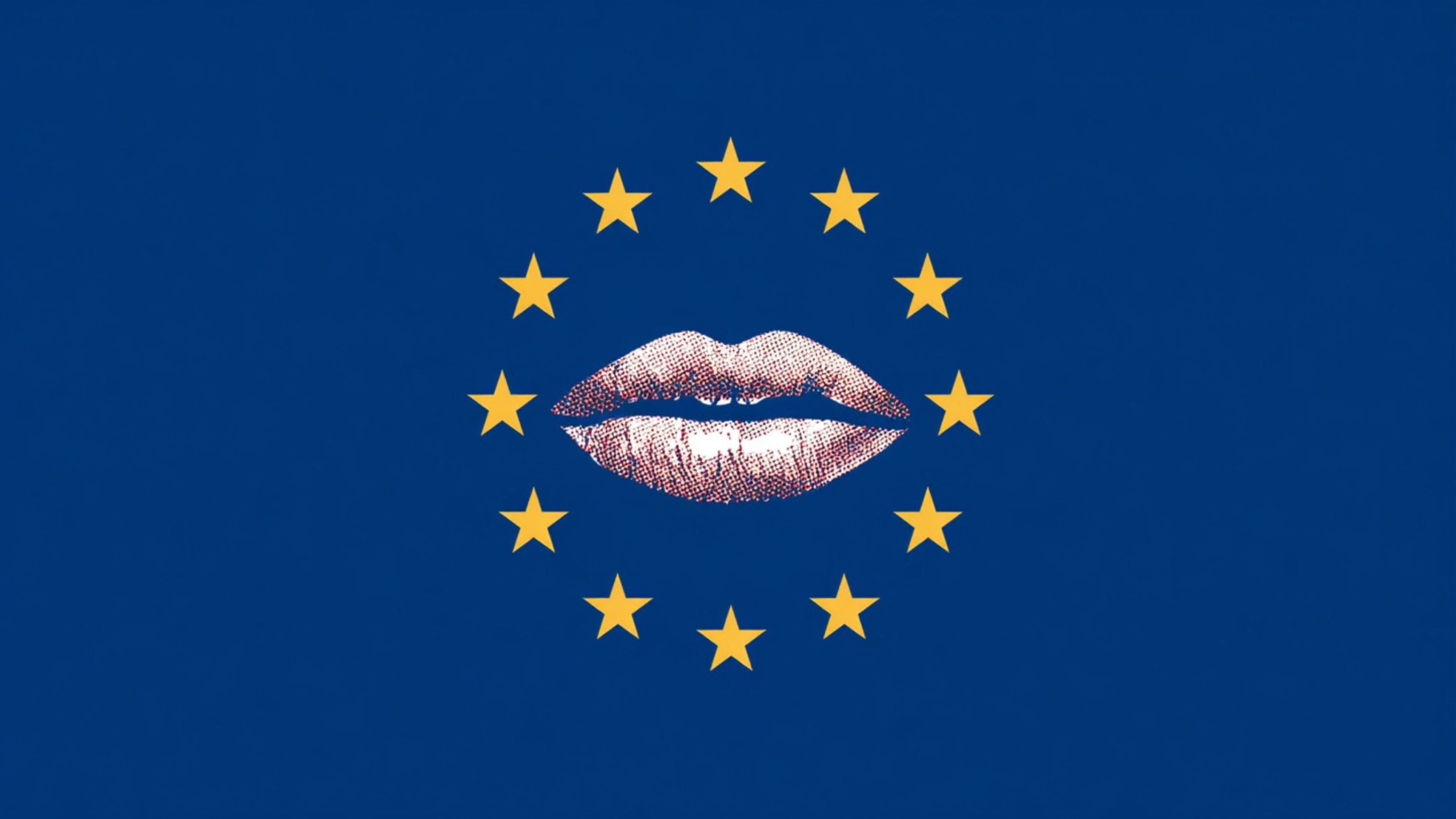The European Commission’s self-assessment of the Digital Services Act (DSA) has been met with mounting alarm from across the Atlantic and within Europe’s own civil society, as questions deepen about whether the EU is entrenching a system of state-managed online speech under the banner of “safety.”
The report, published this week, repeated the Commission’s long-standing claim that the DSA is “content agnostic” and aligned with the EU Charter of Fundamental Rights.
We obtained a copy of the report for you here.
Yet the review sidestepped the central issue raised repeatedly by lawmakers, academics, and digital rights advocates: that the DSA incentivizes platforms to over-remove lawful material out of fear of heavy sanctions reaching up to six percent of global turnover.
The Commission’s review offered no new legal analysis of the DSA’s compatibility with EU and international free expression protections.
Instead, it proposed expanding enforcement cooperation and hinted at the creation of an EU-wide “one stop shop” system for content regulation, a move that would further concentrate authority over speech standards in Brussels.
Those studying the law’s global reach point to a growing disconnect between the EU’s rhetoric and the experiences of online creators, journalists, and even governments affected by its cross-border influence.
US officials have repeatedly warned that the DSA’s vague categories of “illegal” or “harmful” content risk suppressing legitimate political or religious viewpoints.
US Ambassador to the EU Andrew Puzder said Washington would be making formal submissions, noting that “no President of either party…is going to tolerate a foreign government restricting the First Amendment fundamental free speech, free expression rights of American citizens.”
Secretary of State Marco Rubio earlier directed US diplomats to actively challenge the DSA in European capitals.
Major technology firms such as X and Google have raised similar concerns, describing the law as a framework that could export European-style content controls worldwide.
Last month, 113 figures from journalism, academia, and law, including a former US senator and the former vice president of Yahoo Europe, signed an open letter urging the European Commission to reexamine the DSA.
The letter warned that the act “constructs a pan-European censorship infrastructure with loosely defined boundaries and the potential to suppress legitimate democratic discourse,” and called for transparency about which groups helped shape the law and how they were chosen.
In its written response, the Commission argued that it “does not regulate specific speech as it is content agnostic.”
That defense has drawn skepticism from free expression advocates who note that enforcement actions already hinge on political interpretations of which categories of speech constitute “systemic risks.”
The DSA’s defenders portray it as a procedural framework aimed at accountability and transparency, but in reality, it embeds a continuous compliance relationship between digital platforms and EU regulators, one that critics fear could normalize government involvement in moderating public discourse.










